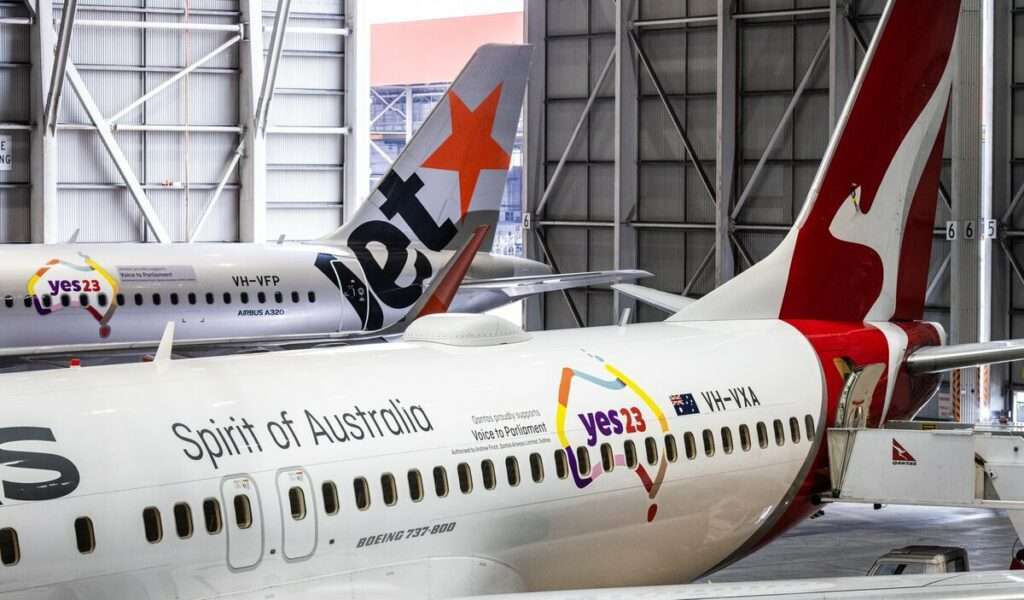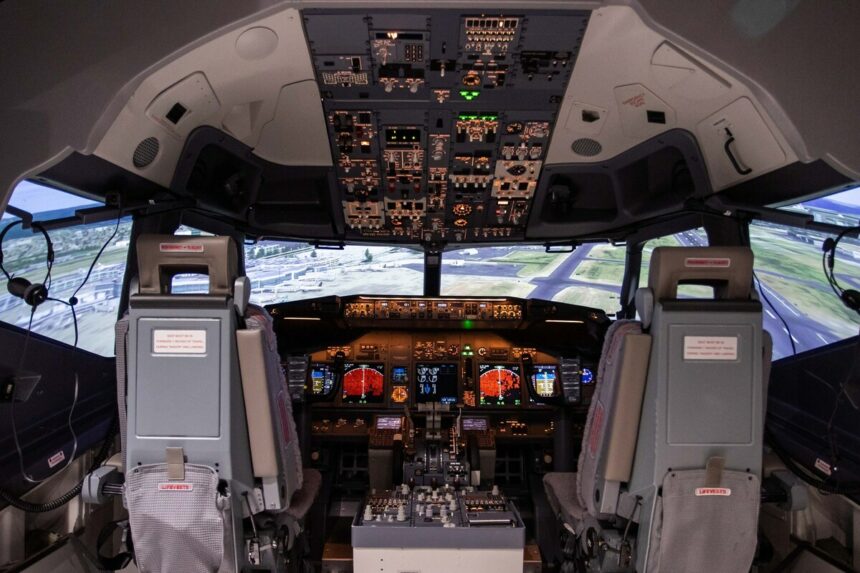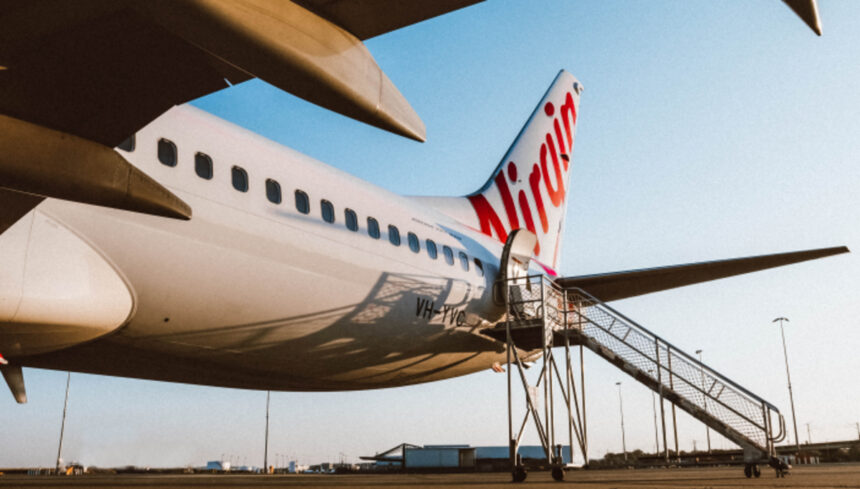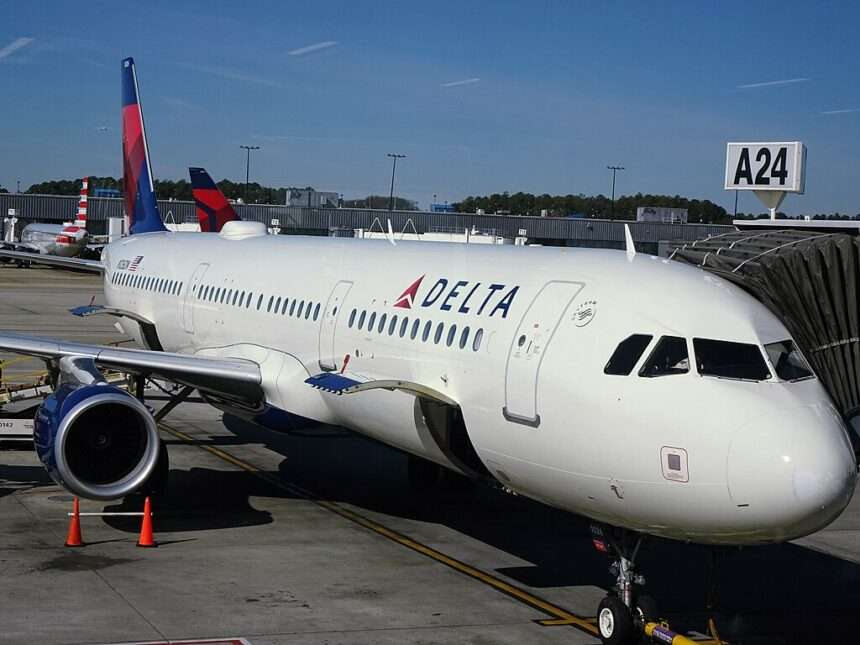The Qantas Group has posted its first full year statutory profit since FY19 and will share the benefits by rewarding employees, reinvesting for customers and returning capital to shareholders.
For FY23, the Group achieved an Underlying Profit Before Tax of $2.47 billion and a Statutory After Tax Profit of $1.74 billion. This compares with $7 billion in accumulated statutory losses over three prior years.
Qantas Group FY2023
In a noteworthy turn of events, the Qantas Group has announced its first full year statutory profit since FY19, marking a significant shift from its previous financial struggles.
This achievement brings a multitude of positive outcomes for Qantas, its employees, customers, and shareholders.
Financial Milestones
For the fiscal year 2023 (FY23), the Qantas Group has delivered an Underlying Profit Before Tax of $2.47 billion and a Statutory After Tax Profit of $1.74 billion.
This accomplishment stands in stark contrast to the accumulated statutory losses of $7 billion over the three preceding years. This financial turnaround is attributed to a combination of strategic initiatives and a surge in flying activities.

[monsterinsights_popular_posts_inline]
Key Factors Behind the Turnaround
Several key factors have contributed to the Qantas Group’s remarkable financial turnaround:
Completion of Recovery Program: The Group’s success can be traced back to its $1 billion recovery program, launched in response to the initial losses. This comprehensive program has played a pivotal role in stabilizing the company’s financial situation.
Surge in Flying Activities: FY23 saw a substantial 132% increase in flying activities compared to the previous fiscal year (FY22). This surge in travel demand has led to significantly higher revenue for the airline.
Operational Performance Improvement: Despite facing initial challenges, the Qantas Group managed to significantly improve its operational performance. The airline achieved the best on-time performance among major domestic carriers for 11 out of 12 months. Jetstar, a subsidiary of the Qantas Group, also successfully returned to pre-COVID levels.

Customer Satisfaction and Future Investments
Customer satisfaction, although not yet at pre-COVID levels, has shown improvement in alignment with the enhanced operational performance. This progress is a positive sign of the Group’s commitment to delivering excellent travel experiences.
The strong financial position resulting from the Group’s successful turnaround enables strategic investments in various areas, with a focus on customer experience.
The Group has already made firm orders for an additional 24 Boeing and Airbus widebody aircraft, scheduled for delivery from FY27 onwards. This move aims to modernize the Qantas fleet, replace the A330 fleet, and accommodate future growth.
CEO’s Perspective
Alan Joyce, the CEO of the Qantas Group, expressed his enthusiasm about the results. He emphasized that these achievements mark a substantial shift in the Group’s financial health and service quality. Joyce highlighted that the turnaround is reflected in the ability to invest in new aircraft, new destinations, and improved training facilities.
Joyce also underlined the role of the Group’s employees in the recovery process. As a token of appreciation, more than 21,000 non-executive staff members will receive up to $6,000 worth of Qantas shares and an additional $500 staff travel credit.
Eligible employees will also receive a $5,000 cash payment as new enterprise agreements are finalized.
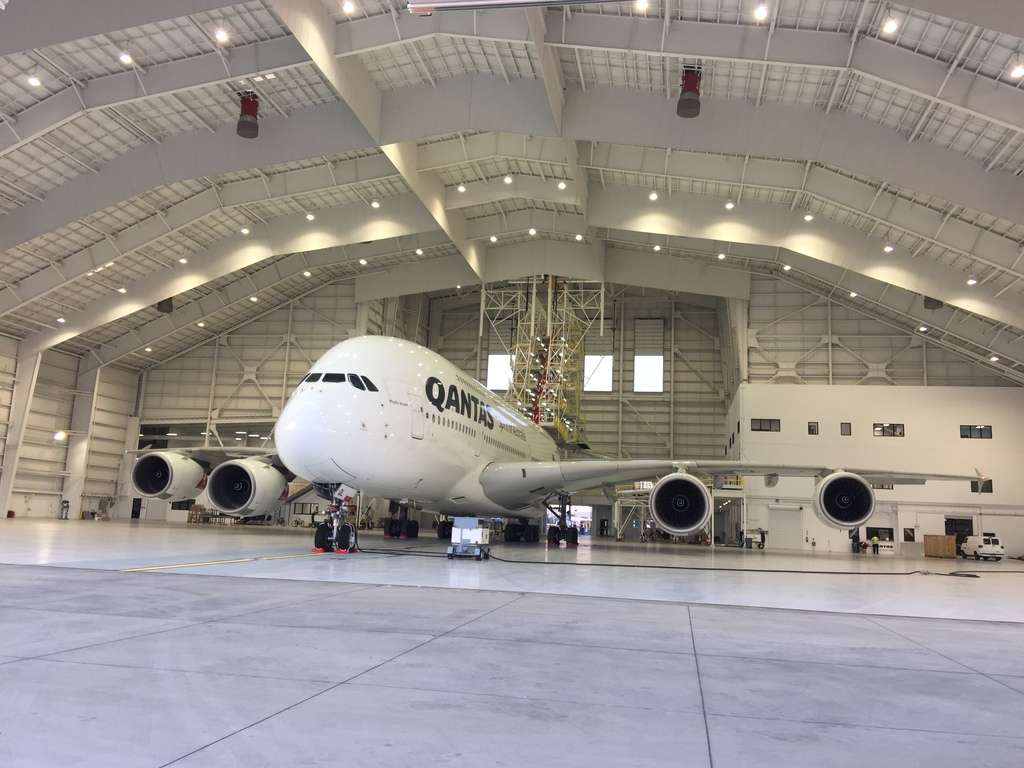
Domestic and International Performance
The Group’s domestic performance under the segments of Qantas, QantasLink, and Jetstar has showcased impressive growth.
Flying activities reached 103% of pre-COVID levels by the end of FY23’s second half. This growth was driven by robust demand from both leisure and business travelers, contributing to an Underlying EBIT of $1.5 billion.
Internationally, the return of refurbished Airbus A380s and the addition of new Boeing 787s and A321LRs led to an increase in flying activities from 54% to 81% of pre-COVID levels.
The Group’s international performance achieved an Underlying EBIT of $1.1 billion, with strong demand observed, particularly in premium cabins.

Fleet Expansion
The Group’s commitment to sustainability and growth is evident in its recent aircraft orders. The order for 24 widebody aircraft, including Boeing 787s and Airbus A350s, is a strategic move to replace a significant portion of the current A330 fleet.
This order not only ensures a modern fleet but also secures access to Sustainable Aviation Fuel (SAF) from 2028, in collaboration with Airbus and Boeing.

Click the banner to subscribe to our weekly newsleter.





